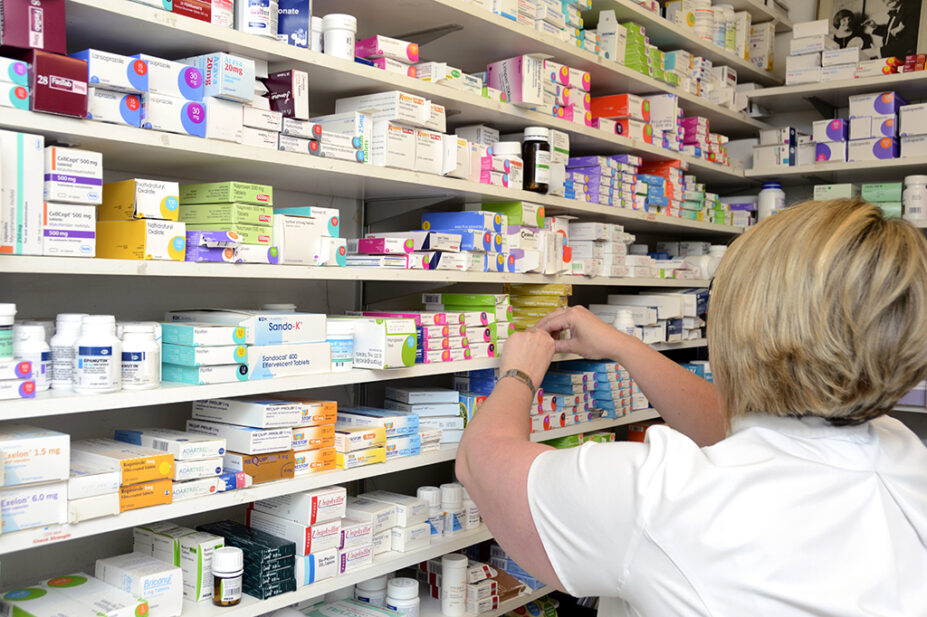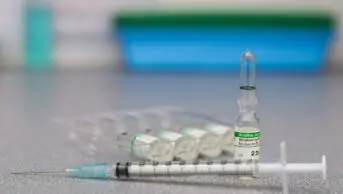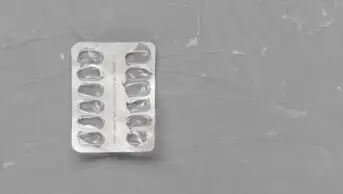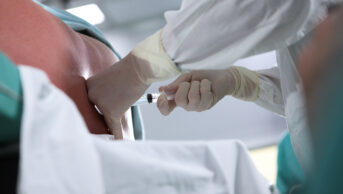
SCIENCE PHOTO LIBRARY
The UK government has denied that rising levies on branded medicines has led to shortages of branded generic medicines.
In a statement published on 6 November 2023, the British Generic Manufacturers Association (BGMA) said that the voluntary scheme for branded medicines pricing and access (VPAS) rebate rate was “a key factor” behind a rise in branded generic shortages.
The VPAS sets a cap on the total allowed sales value of branded medicines to the NHS each year, which grows at an agreed rate of 2% per annum.
Any medicine sales above the cap are paid back to the Department of Health and Social Care (DHSC) via a levy charged on companies’ sales revenues.
In 2021, the rebate rate was 5.1% but it has risen to 26.5% in 2023, which the BGMA says is largely because of a growth in on-patent medicine sales.
In January 2023, the BGMA warned that generics manufacturers would cut back on medicine supplies to the UK if the VPAS rate continued to increase.
Figures from October 2023 released by the BGMA — which the trade body said are based on data sources that include NHS England and the DHSC — show that 111 products, including 55 branded generics, are facing supply issues.
In its statement, the BGMA said this is the highest number of medicine shortages on record and has more than doubled since the start of 2022.
Branded generic treatment areas facing supply issues include hormone replacement therapy, contraception, anaphylaxis, ADHD, Crohn’s disease, diabetes, lung conditions, epilepsy, acne, osteoporosis, depression, heart disease and immunosuppressants, the BGMA said.
However, a spokesperson for DHSC said it did not recognise the figures presented by the BGMA and has “seen no convincing evidence of higher payment percentages leading to supply issues, given available mitigations”.
They added that the current VPAS is “expected to save the NHS £7bn by the end of this year — delivering value for money for the taxpayer, while enabling investment for NHS services and supporting innovation and a successful life sciences industry in the UK”.
Mark Samuels, chief executive of the BGMA, said it was “impossible to ignore the correlation” between supply issues of branded generics and “the spiralling VPAS rebate rate”.
“Generics operate on high volumes and razor thin margins, so by adding a tax on revenues, which has increased five-fold in two years, means manufacturers have little option but to reduce or remove supplies of some products. This is not about making less profit but actually making losses as a direct result of VPAS,” Samuels said.
He added: “There is finite supply of medicines and companies are being forced to allocate their supplies to other countries where tax regimes are less punitive.”
The current VPAS started on 1 January 2019 and is in place until 31 December 2023. Negotiations are underway for the next VPAS, which will run from 2024 to 2028.
Samuels said that those involved in the negotiation “cannot ignore the consequences of a high rate and the disproportionate impact it is having on off-patent products which already have their costs significantly constrained by competition”.
The spokesperson for the DHSC said: “We remain committed to negotiating a successor scheme that supports better patient outcomes and a strong UK life sciences industry, while delivering value for money for the taxpayer and a sustainable medicine bill for the NHS.”


